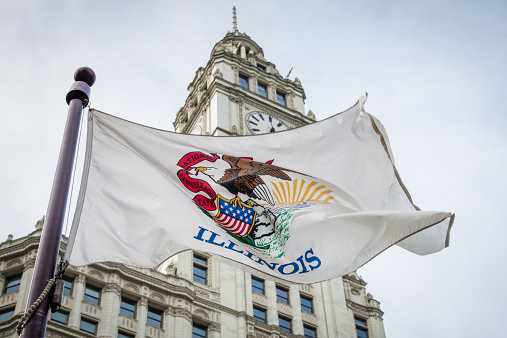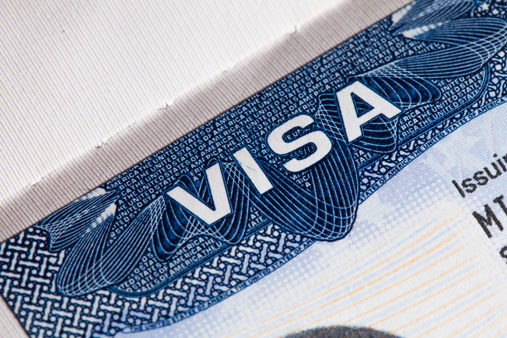Highlights
The HHS-OIG issued an unfavorable opinion on whether a pharma manufacturer may offer financial assistance to patients if they have significant side effect from its gene therapy product
The agency determined it did not have sufficient data to determine that the arrangement is sufficiently low risk to garner a favorable advisory opinion
The opinion reiterates the HHS-OIG’s concern that financial need is not a sufficient basis for permitting valuable gifts that may constitute inducements
The Office of Inspector General of the U.S. Department of Health and Human Services (HHS-OIG) has issued Advisory Opinion No. 24-06, an unfavorable opinion regarding proposed financial assistance from the manufacturer of a gene therapy product for certain qualifying patients who may need fertility services after receiving such gene therapy treatment.
The HHS-OIG concluded the proposed arrangement, if undertaken with the requisite intent, could generate prohibited remuneration under the federal Anti-Kickback Statute (AKS) and the civil monetary penalty against beneficiary inducement (CMP) laws. However, due to the evolving, novel nature of the therapy involved in the proposed arrangement, the HHS-OIG determined it did not have sufficient data to determine the risk of fraud and abuse, and whether the proposed arrangement would violate those laws. As a result, the HHS-OIG could not issue a favorable advisory opinion at this time.
The requestor, a pharmaceutical manufacturer of gene editing therapies for severe genetic diseases, offers a product that is approved by the U.S. Food and Drug Administration for use as a gene therapy for the treatment of certain blood disorders. The list price for the gene therapy product is over $2 million, and the product involves multiple stages of treatment under the care and consultation of a physician at a hospital treatment center approved by the pharmaceutical manufacturer. Treatment with the gene therapy product can result in significant side effects, including infertility.
Under the proposed arrangement, the pharmaceutical manufacturer would provide financial support up to a maximum of $70,000 to eligible male and female patients, including federal healthcare program enrollees, who need fertility services after treatment with the gene therapy product, including but not limited to fertility drugs, patient counseling, intrauterine insemination, and in vitro fertilization procedures.
A fertility treatment vendor used by the pharmaceutical manufacturer would assist eligible patients in identifying fertility providers and treatments, and the fertility treatment vendor would pay the selected providers for the treatments. Neither the pharmaceutical manufacturer nor the fertility treatment vendor would make any payments to patients.
This financial assistance would be made available to patients who:
- Reside in the U.S. or a U.S. territory
- Have an annual household income at or below 670 percent of the federal poverty level
- Are prescribed the pharmaceutical manufacturer’s gene therapy product for an on-label indication
- Have insurance coverage that does not include fertility services
- Acknowledge and agree that they will not seek reimbursement from any insurance provider or other third-party source for fertility services paid for by the pharmaceutical manufacturer
The pharmaceutical manufacturer certified that its employees would provide non-promotional information to treatment centers regarding the proposed arrangement, such as patient eligibility criteria, using materials and messages approved by the company’s internal review procedures, and would not use the proposed arrangement as a marketing tool to drive product selection, utilization, or referrals.
Not Enough Data to Conclude Low Risk
The HHS-OIG concluded that, based on the requestor’s submission, it lacked sufficient data to determine that the proposed arrangement is sufficiently low risk to issue a favorable advisory opinion. Notably, the HHS-OIG said cell and gene therapies are part of an evolving field of novel treatments, and while this gene therapy product could transform the lives of those living with certain blood disorders, there is much yet unknown about cell and gene therapies of this kind, making it difficult to assess the risk of fraud and abuse associated with the proposed arrangement.
However, the HHS-OIG noted the proposed arrangement could implicate the AKS and CMP by offering remuneration to patients – including state and federal healthcare program enrollees – that may induce them to purchase the gene therapy product. Specifically, if the reason a patient may choose not to receive treatment with the gene therapy product is the patient’s inability to pay the costs associated with fertility services, the proposed arrangement would likely influence the patient’s decision to purchase the product.
In addition, the proposed arrangement would constitute remuneration to the treatment centers administering the gene therapy product and treating physicians in the form of the opportunity to earn fees related to treatment, including of patients who are state and federal healthcare program enrollees. No AKS or CMP safe harbors or exceptions would apply to these arrangements.
However, the HHS-OIG was careful to reiterate the opinion is not a determination that the proposed arrangement would violate the AKS or CMP.
Key Takeaways
Similar to OIG Advisory Opinion 24-05 with respect to fertility treatment assistance, the opinion reiterates the HHS-OIG’s concern over gifts and inducements when purchasing an item or service. Absent an applicable exception or safe harbor protection, it appears the HHS-OIG will continue to scrutinize free gifts out of concern for unfair competition, steering, improper utilization, quality and costs to federal healthcare programs. However, in an evolving marketplace such as the one for transformative gene and cellular therapies, the HHS-OIG has indicated that it is open to considering future risk assessments similar to the proposed arrangement as more data become available.
For more information, please contact the Barnes & Thornburg attorney with whom you work or Jason Schultz at 574-237-1210 or jason.schultz@btlaw.com, Stephen Fatum at 312-214-8328 or stephen.fatum@btlaw.com or Erin Steele at 202-408-6932 or esteele@btlaw.com.
© 2024 Barnes & Thornburg LLP. All Rights Reserved. This page, and all information on it, is proprietary and the property of Barnes & Thornburg LLP. It may not be reproduced, in any form, without the express written consent of Barnes & Thornburg LLP.
This Barnes & Thornburg LLP publication should not be construed as legal advice or legal opinion on any specific facts or circumstances. The contents are intended for general informational purposes only, and you are urged to consult your own lawyer on any specific legal questions you may have concerning your situation.















